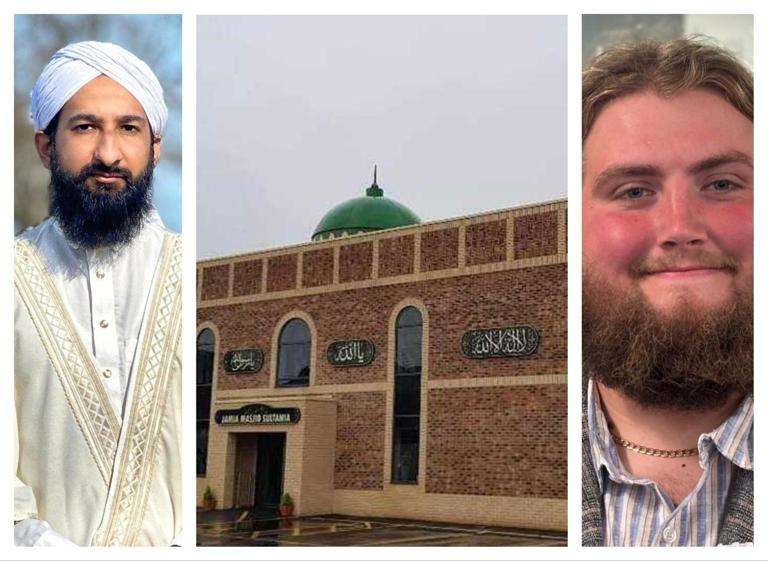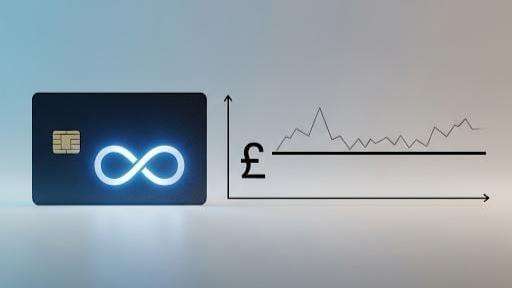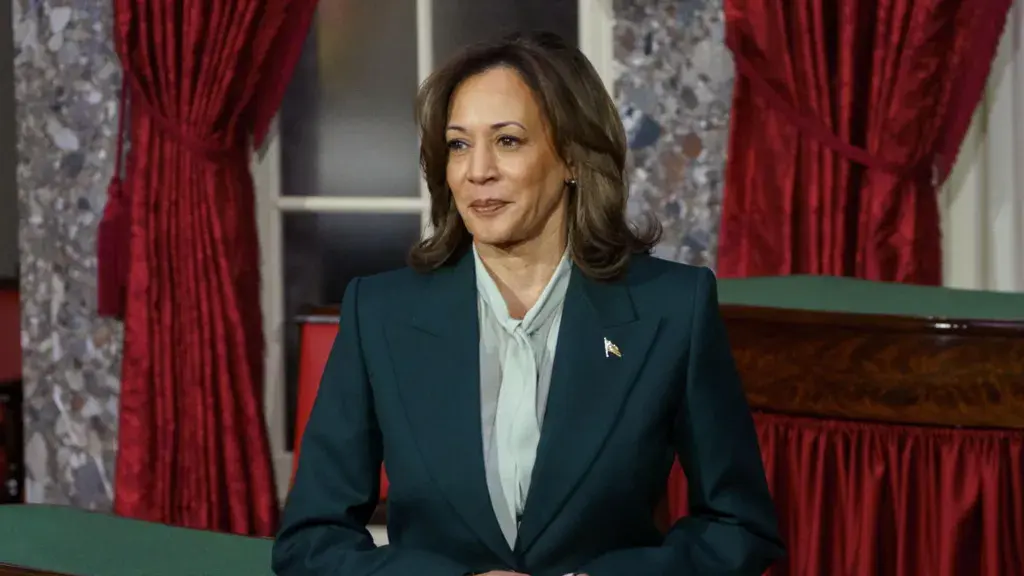Two months after her election loss to Donald Trump, Vice President Kamala Harris will oversee the certification of her own defeat.
On Monday, as Senate president, she will lead the Electoral College vote count from the House Speaker's rostrum, formally confirming Trump’s victory just two weeks before his return to the White House.
Despite the awkwardness of the situation, especially given her criticism of Trump as a threat to democracy, Harris's team says she will approach her constitutional duty with dignity and professionalism.
This isn’t the first time a losing candidate has presided over such a session—Al Gore did so in 2001, and Richard Nixon in 1961.
But it's a fitting coda to an improbable election that saw Harris elevated from a back-up to the nation's oldest president to the Democratic standard bearer - whose fleeting campaign provided a jolt of hope to her party before a crushing loss exposed deep internal faultlines.
Harris and her team are now deliberating her second act, and weighing whether it includes another run for the White House in 2028 or pursuing a bid for the governor's mansion in her home state of California.
While recent Democratic candidates who lost elections - Al Gore, John Kerry, Hillary Clinton - have decided against seeking the presidency again, aides, allies and donors argue that the groundswell of support Harris captured in her unsuccessful bid and the unusual circumstances of her condensed campaign proves there's still scope for her to seek the Oval Office.
They even point to Donald Trump's own circuitous political path - the former and future president's bookend wins in 2016 and 2024, despite losing as the incumbent in 2020.
But while many Democrats do not blame Harris for Trump's win, some - stung by a bruising loss that has called the party's strategy into question - are deeply sceptical of giving her another shot at the White House. A host of Democratic governors who coalesced behind the vice-president in 2024 but have ambitions of their own are seen by some strategists as fresher candidates with a much better chance of winning.
Harris herself is said to be in no rush to make any decisions, telling advisers and supporters she is open to all the possibilities that await her after Inauguration Day on 20 January.
She is assessing the last few months, which saw her launch an entirely new White House campaign, vet a running-mate, lead a party convention and barnstorm the country in just 107 days. And aides point out that she remains the US vice-president, at least for another two weeks.
"She has a decision to make and you can't make it when you're still on the treadmill. It may have slowed down – but she's on the treadmill until 20 January," said Donna Brazile, a close Harris ally who advised the campaign.
"You can't put anyone in a box. We didn't put Al Gore in a box and it was obvious the country was very divided after the 2000 election," said Brazile, who ran Gore's campaign against George W Bush and pointed to his second life as an environmental activist. "All options are on the table because there's an appetite for change and I do believe that she can represent that change in the future."
But the nagging question that shadows any potential 2028 run is whether the 60-year-old can separate herself from Joe Biden - something she failed to do in the election campaign.
Her allies in the party say that Biden's choice to seek re-election despite worries about his age, only then to ultimately drop out of the race with months to go, doomed her candidacy.
Though Trump swept all seven battleground states and is the first Republican in 20 years to win the popular vote, his margin of victory was relatively narrow while Harris still won 75 million votes, an outcome her supporters argue can't be ignored as a currently faceless Democratic party rebuilds over the next four years.
On the other side, those close to Biden remain convinced he could have defeated Trump again, despite surveys showing he had been bleeding support from key Democratic voting blocs.
They point out that Harris fell short where the president didn't in 2020, underperforming with core Democratic groups like black and Latino voters. Critics continue to bring up her 2019 campaign to become the Democratic presidential nominee, which sputtered out in less than a year.
"People forget that had there been a real primary [in 2024], she never would have been the nominee. Everyone knows that," said one former Biden adviser.
The adviser, who spoke on condition of anonymity to discuss a sensitive matter, applauded Harris for reviving the Democratic base and helping key congressional races, but said Trump's campaign successfully undercut her on critical campaign issues including the economy and the border.
_7.jpg)


_9.jpg)




.svg)


